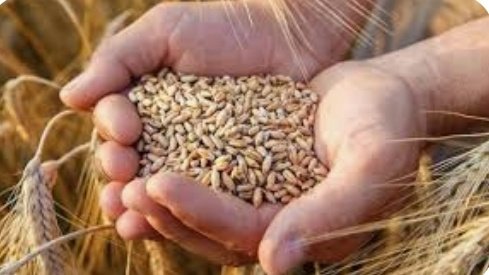Pakistan has been struggling with various economic challenges for several years, and one of the primary reasons for this is the slow pace of agricultural growth in the country. This is a major concern as agriculture serves as the backbone of the country’s economy, employing approximately 60% of the population directly or indirectly in agriculture-related activities, such as farming, livestock rearing and fisheries. According to the Pakistan Bureau of Statistics, the agriculture sector’s contribution to GDP was around 24% in the fiscal year 2020-21.
However, Pakistan’s agricultural sector faces numerous challenges, such as a lack of access to modern technology, inadequate infrastructure, and low levels of education and training among farmers. These factors have resulted in low agricultural productivity and a decline in the overall growth rate of the sector. Additionally, Pakistan’s agriculture is heavily dependent on rainfall and ice-melt in glaciers, which makes it vulnerable to weather fluctuations and natural disasters, such as floods and droughts.
The low growth rate of agriculture has significant implications for the broader economy, as it provides raw materials for various industries, affects food security, poverty reduction and foreign exchange earnings. With a large population, Pakistan requires a steady supply of food to meet its demand, and any disruption in agricultural production can lead to inflation, food shortages, and a decline in overall economic growth.
One of the critical challenges that Pakistan is facing is its balance of payments crisis. The country’s imports have been exceeding its exports, leading to a massive trade deficit. The high trade deficit has put pressure on Pakistan’s foreign reserves, and the country is struggling to pay off its external debt. In this situation, agriculture can play a vital role in saving Pakistan from default. The sector has the potential to increase exports and reduce imports, which can help in reducing the trade deficit. Pakistan is blessed with fertile land and has the potential to increase agricultural productivity by adopting modern farming techniques, improving irrigation infrastructure and providing farmers with access to credit facilities. The government has also launched various initiatives to promote agriculture, including the Kissan Card Scheme, Prime Minister’s Agriculture Emergency Programme and Prime Minister’s National Agriculture Emergency Programme.
Another way agriculture can help save Pakistan from default is by providing employment opportunities to the rural population. The sector is the largest employer in Pakistan, providing jobs to around 40% of the country’s workforce. The government can create more employment opportunities in the sector by promoting agro-industries, which can process and add value to agricultural products. This can help in reducing unemployment in rural areas and alleviate poverty.
Pakistan’s agriculture sector also has the potential to contribute to the country’s food security. The country has a growing population and the demand for food is increasing. However, Pakistan is facing a food security challenge due to various reasons, including low agricultural productivity, lack of storage facilities and inadequate distribution channels. The government can address these challenges by investing in agricultural research and development, improving irrigation infrastructure and promoting food processing and storage industries.
Thus, agriculture can play a significant role in saving Pakistan from default. The sector has the potential to increase exports, reduce imports, provide employment opportunities and contribute to the country’s food security. However, to realize the sector’s full potential, the government needs to address the challenges faced by the sector, including water scarcity, outdated farming practices and lack of access to credit facilities. The government needs to invest in the sector and promote modern farming techniques, agro-industries and agricultural research and development. With the right policies and investments, agriculture can help Pakistan overcome its economic challenges and become a prosperous country.














